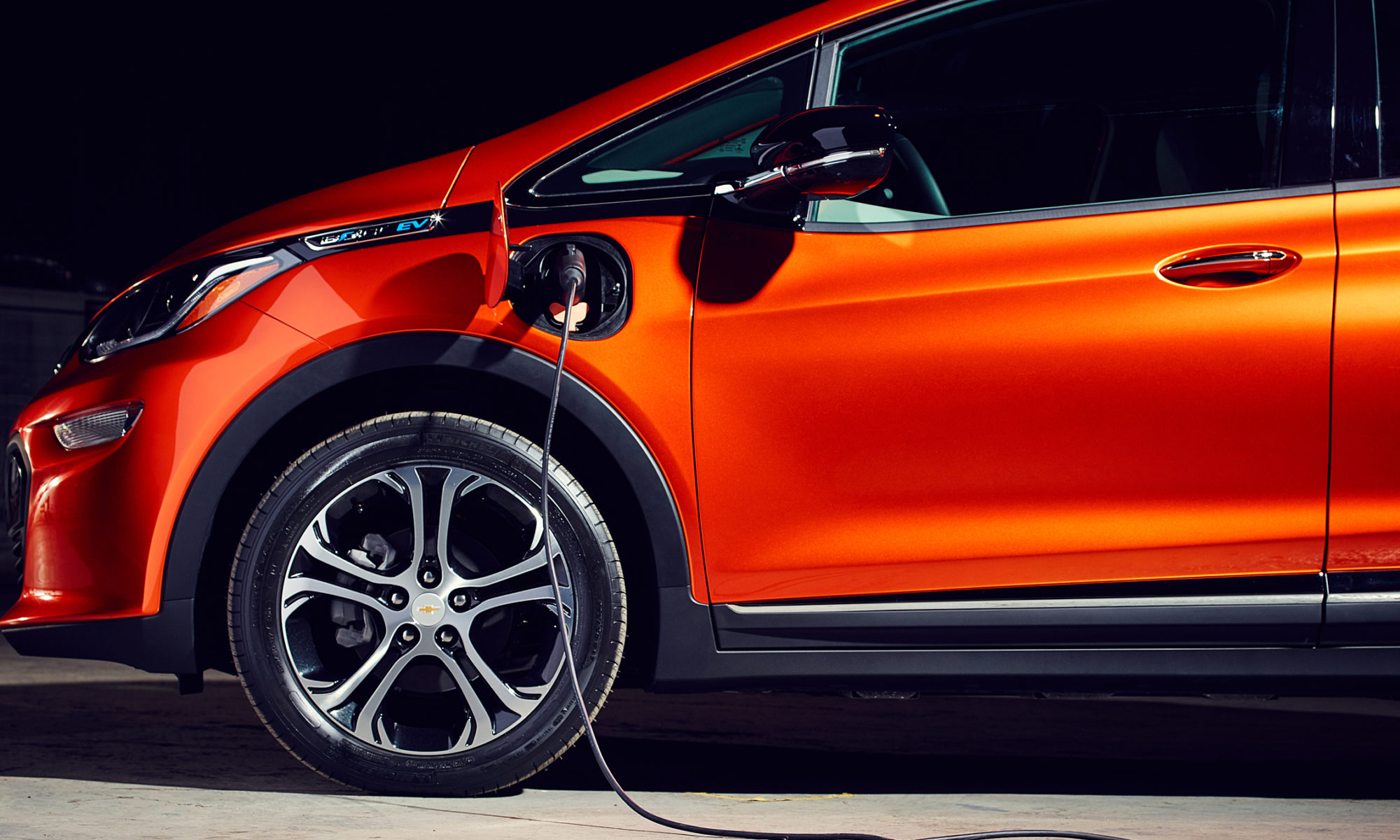Electric vehicles (EVs) are becoming increasingly popular as people become more aware of the environmental and economic benefits they offer. EVs run on electricity, which is a cleaner and more sustainable source of energy than gasoline. They also produce zero emissions, which helps to reduce air pollution and improve air quality.
There are many different types of EVs available on the market, from small city cars to large SUVs. Some EVs are fully electric, while others are hybrid vehicles that use a combination of gasoline and electricity. EVs come in a variety of price points, so there is an EV to fit every budget.
The benefits of owning an EV are numerous. EVs are more fuel-efficient than gasoline-powered vehicles, which means lower fuel costs. They also require less maintenance, since there is no need to change the oil or spark plugs. EVs are also quieter than gasoline-powered vehicles, which can be a big advantage in urban areas.
The biggest drawback to owning an EV is the limited range. Most EVs have a range of about 100 miles, which may not be enough for long road trips. However, as battery technology improves, the range of EVs is expected to increase.
Another drawback to owning an EV is the lack of charging infrastructure. There are not as many charging stations available as there are gas stations, but this is starting to change. The government is investing in charging infrastructure, and many businesses are installing charging stations in their parking lots.
Despite the drawbacks, the benefits of owning an EV outweigh the negatives. EVs are a cleaner, more sustainable form of transportation, and they offer significant financial savings. As battery technology improves and charging infrastructure expands, EVs will become even more popular.
Here are some of the key advantages of electric vehicles:
- Environmental benefits: EVs produce zero emissions, which helps to reduce air pollution and improve air quality. This is a major advantage in urban areas, where air pollution is a major problem.
- Economic benefits: EVs are more fuel-efficient than gasoline-powered vehicles, which means lower fuel costs. They also require less maintenance, since there is no need to change the oil or spark plugs. This can save you money in the long run.
- Quiet operation: EVs are much quieter than gasoline-powered vehicles, which can be a big advantage in urban areas. This is because they do not have an internal combustion engine, which is the main source of noise in a car.
Here are some of the key disadvantages of electric vehicles:
- Limited range: Most EVs have a range of about 100 miles, which may not be enough for long road trips. However, as battery technology improves, the range of EVs is expected to increase.
- Lack of charging infrastructure: There are not as many charging stations available as there are gas stations, but this is starting to change. The government is investing in charging infrastructure, and many businesses are installing charging stations in their parking lots.
- Higher purchase price: EVs are typically more expensive than gasoline-powered vehicles. However, the cost of ownership is lower over time, due to the lower fuel costs and maintenance costs.
Overall, electric vehicles offer a number of advantages over gasoline-powered vehicles. They are cleaner, more fuel-efficient, and quieter. As battery technology improves and charging infrastructure expands, EVs will become even more popular.






